
Google Cyber Security or CompTIA Security+? Here’s What Recruiters Are REALLY Looking For
This article provides a detailed comparison of three popular beginner-friendly cybersecurity certifications: the Google Cybersecurity Professional Certificate, the Microsoft Cybersecurity Analyst Professional Certificate, and the CompTIA Security+. This article aims to help viewers decide which certification is the best fit for their career goals
Google Cybersecurity Professional Certificate
The Google Cybersecurity Professional Certificate is presented as a well-rounded option that balances theoretical knowledge with practical skills.
- Content: The curriculum covers the foundational principles of cybersecurity, including common threats, risks, and vulnerabilities. It also delves into practical applications with introductions to Linux commands, SQL basics, and various security tools. A key feature of this certificate is its inclusion of Python for automating security tasks, providing a valuable and in-demand skill for aspiring cybersecurity professionals.
- Cost and Recognition: The certificate is offered through a Coursera subscription, making it a relatively affordable option. While it is a newer certification, it’s gaining recognition in the industry. Google has partnered with over 150 companies to promote this certificate, and they claim a respectable median entry-level salary for graduates. However, the speaker suggests that its value is significantly enhanced when paired with the more established CompTIA Security+. A notable drawback is that the final exam is not proctored, which might affect its perceived credibility in some circles.
Microsoft Cybersecurity Analyst Professional Certificate
This certificate is tailored for those interested in a hands-on, practical approach, with a strong focus on Microsoft’s security ecosystem.
- Content: The program is heavily centered around Microsoft’s security products, such as Microsoft Defender, Azure Active Directory, and Microsoft Sentinel. This makes it an excellent choice for individuals who plan to work in environments that utilize Microsoft technologies. The curriculum is designed to prepare students for the Microsoft SC-900 exam, a valuable industry credential.
- Cost and Recognition: Similar to the Google certificate, it is available on Coursera with a monthly subscription. The speaker notes that while the certificate itself is beneficial, its true power comes from passing the accompanying SC-900 exam. The demand for professionals with SC-900 certification is growing, with thousands of job listings mentioning this credential. Like the Google certificate, the exam for this program is not proctored.
CompTIA Security+
The CompTIA Security+ is positioned as the industry standard for entry-level cybersecurity certifications.
- Content: This certification is vendor-neutral, meaning it provides a broad and theoretical understanding of cybersecurity principles rather than focusing on specific products or technologies. The content covers a wide range of topics, including risk management, security architecture, incident response, and threat detection.
- Cost and Recognition: The exam for Security+ is more expensive than the subscription-based models of the other two certificates. However, it is the most widely recognized and respected entry-level certification in the field. Job boards show a high demand for professionals with this certification, and it is often a prerequisite for many cybersecurity roles. A key distinction is that the Security+ exam is proctored, which adds to its credibility and value in the eyes of employers.
Final Recommendation
For those new to the field who are seeking a highly recognized certification with strong job prospects, the CompTIA Security+ is the top recommendation. It can then be supplemented with either the Google or Microsoft certificate to gain more practical, hands-on skills.
If the primary goal is to acquire practical knowledge and industry recognition is a secondary concern, then the Google or Microsoft certifications are excellent choices. The Microsoft certificate is particularly recommended for those who anticipate working with Microsoft’s security stack.
Which One Should You Choose?
New to Cybersecurity?
- Start with Google Cybersecurity. It’s beginner-friendly, teaches you the ropes, and builds confidence.
Want hands-on Microsoft SOC skills?
- Go for Microsoft Cybersecurity Analyst. It’s more niche but excellent for blue team roles in Microsoft environments.
Need formal recognition or applying to jobs requiring certifications?
- Choose CompTIA Security+. It’s accepted by nearly every employer as a baseline cert.
Summary
| Feature | Google Cybersecurity Cert (Coursera) | CompTIA Security+ | Microsoft Cybersecurity Analyst (Coursera) |
|---|---|---|---|
| Provider | Google (via Coursera) | CompTIA | Microsoft (via Coursera) |
| Cost | ~$49/month (Coursera subscription) | ~$392 exam fee | ~$49/month (Coursera subscription) |
| Duration | 6 months @10hrs/week | Self-paced | ~4 months @10hrs/week |
| Prerequisites | None | None (basic IT helps) | None |
| Exam Format | No final proctored exam | 90 questions, proctored | Capstone assessment (non-proctored) |
| Credential Type | Professional Certificate | Industry-recognized cert | Professional Certificate |
| Difficulty Level | Beginner-friendly | Intermediate | Beginner-friendly |

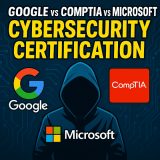
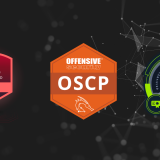
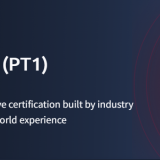



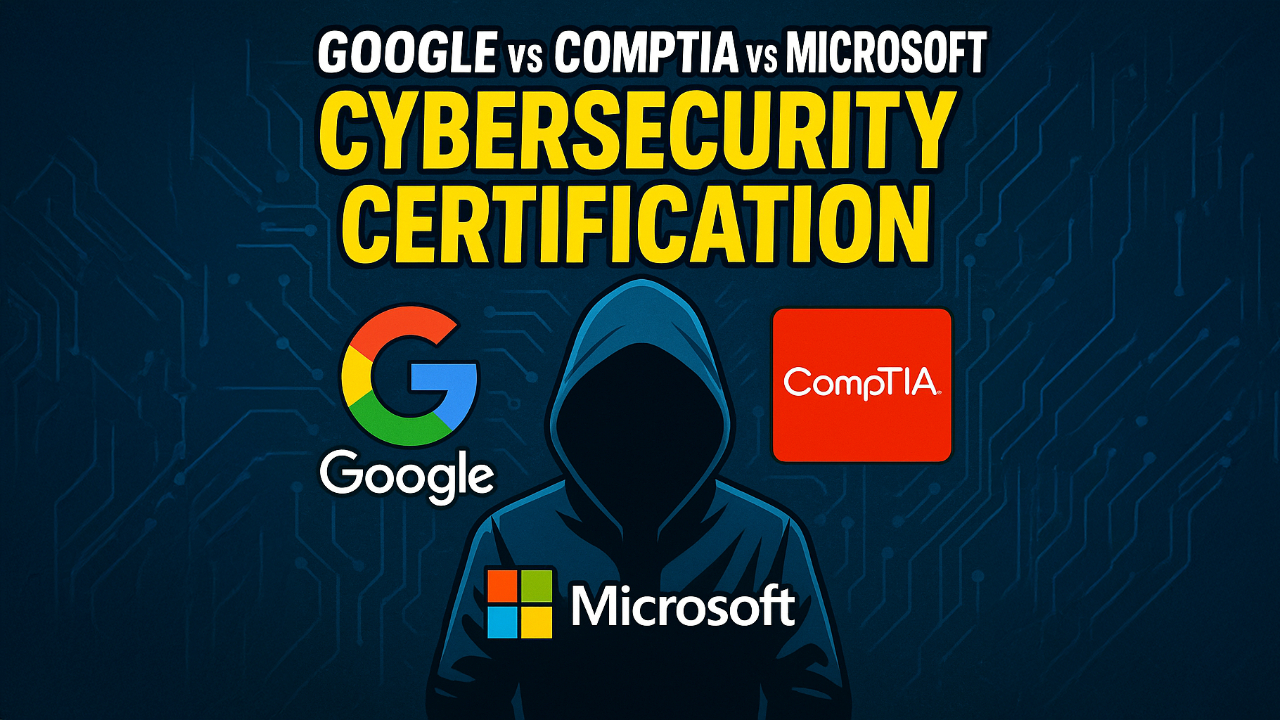
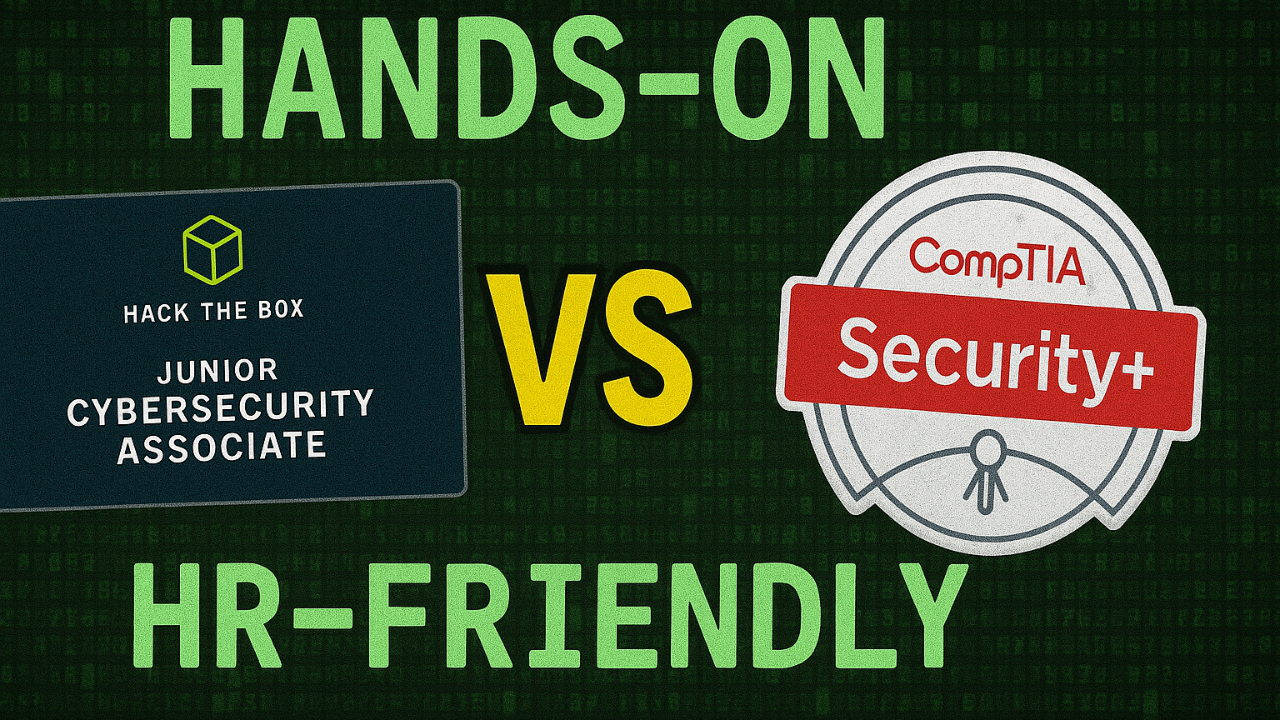
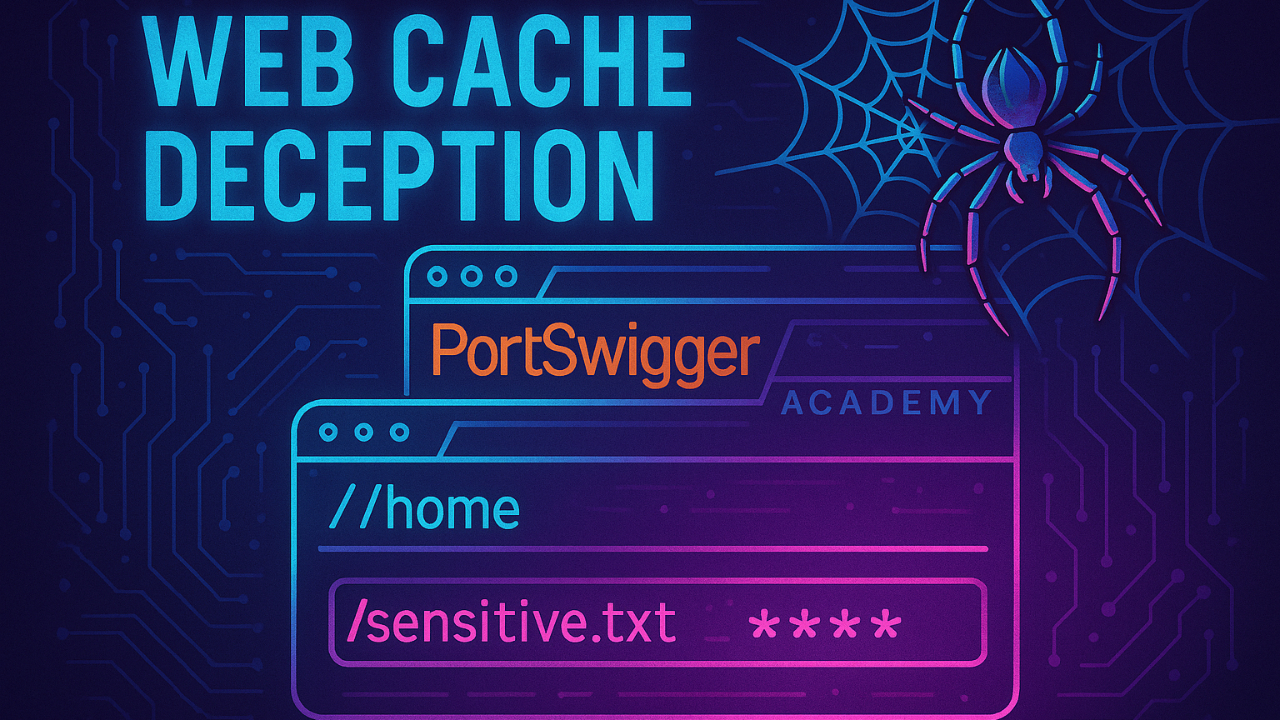


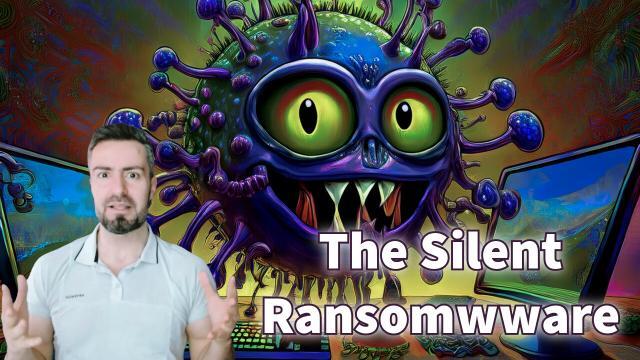






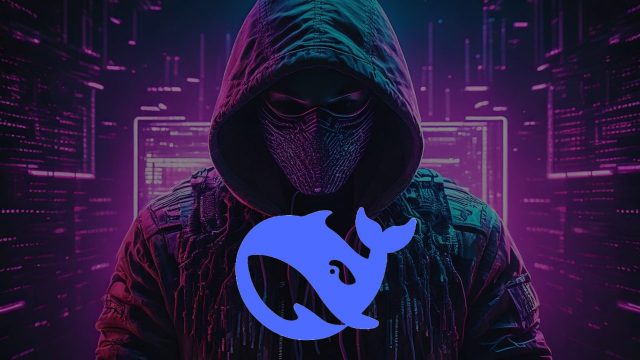

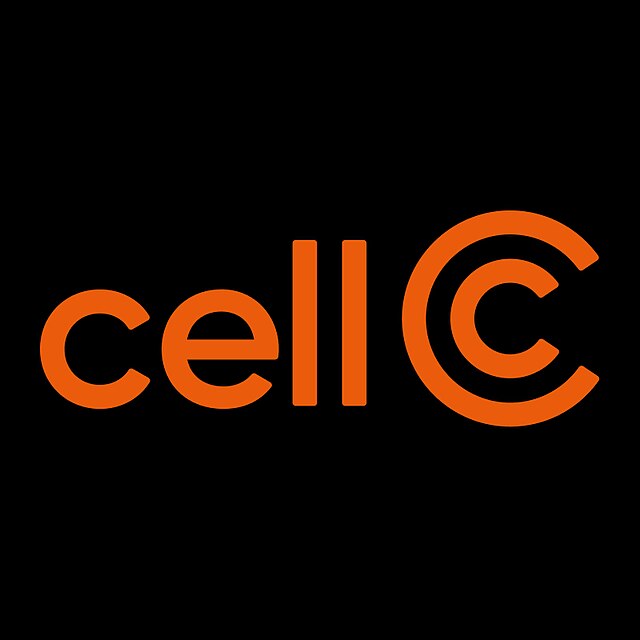






Post Comment